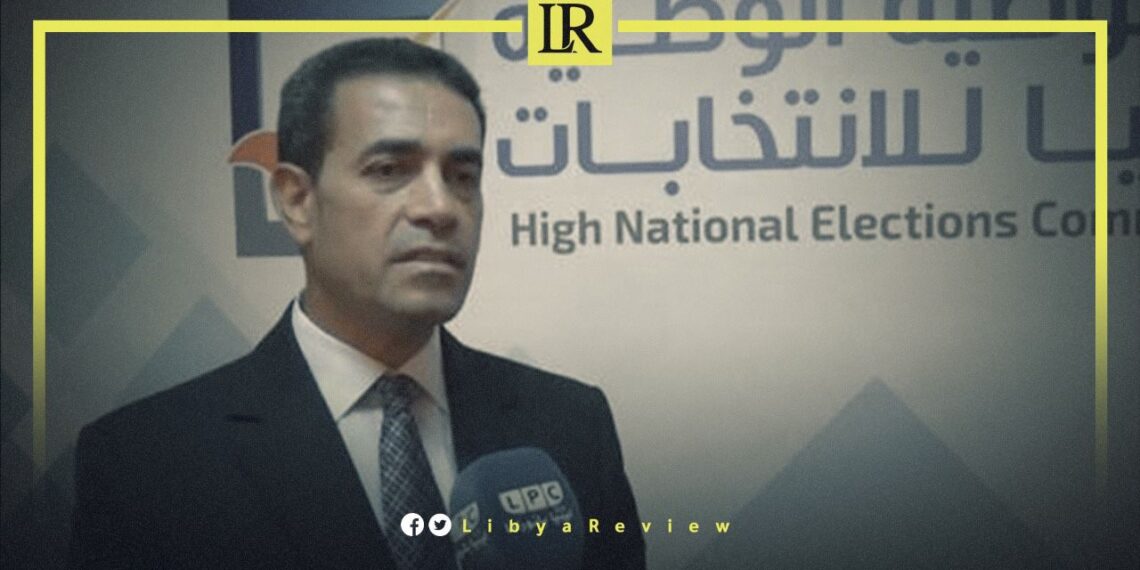On Thursday, the Libyan High National Elections Commission (HNEC), headed by Emad al-Sayeh, marked the sixth anniversary of the devastating terrorist attack that targeted its headquarters on May 2, 2018.
The assault, which took place in the commission’s offices, tragically resulted in the deaths of 13 employees. These individuals were honored by the commission as martyrs who made the ultimate sacrifice while performing their civic duties.
In its official statement, the electoral commission reaffirmed its enduring commitment to advancing the principles of law, democracy, and peace within Libya.
It also described the events of the day: “On this tragic day, malevolent forces penetrated our headquarters, directing their venomous assault against our staff who were dutifully engaged in their work. The blood of these martyrs, who sacrificed their lives for the sanctity of their duties, has inscribed a narrative of valor and sacrifice in the annals of our nation’s history.”
The commission emphasized that the attack was not merely an assault on its facilities but an attempt to undermine the democratic will and rights of the Libyan people to participate freely in the electoral process. As the commission reflected on this painful memory, it also expressed condolences to the families of those who were killed.
This remembrance underscores the commission’s resolve to continue its critical work amidst challenges, reinforcing its role in steering Libya towards a future characterized by stable and democratic governance. The steadfast commitment of Libya’s electoral body highlights its pivotal role in nurturing a democratic environment and securing a peaceful future for the nation.
Libya has been in chaos since a NATO-backed uprising toppled longtime leader Muammar Gaddafi in 2011. The county has for years been split between rival administrations.
The planned elections for December 2021 were delayed due to disagreements over election laws and the eligibility of certain candidates. This delay has raised concerns about the feasibility of a peaceful political transition.
Despite the ceasefire, security remains a significant concern with sporadic fighting and the presence of mercenaries and foreign fighters. The unification of the military and the removal of foreign forces are crucial challenges.


